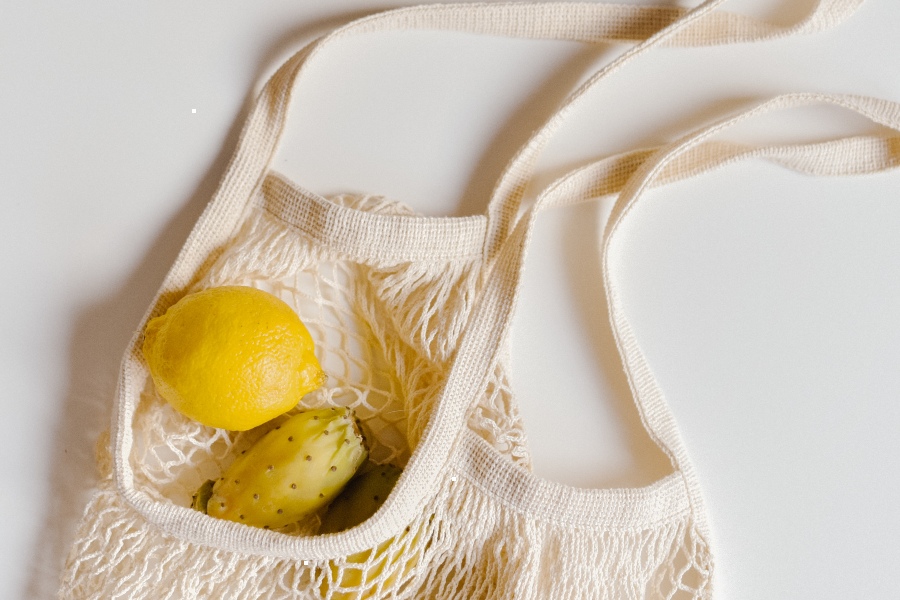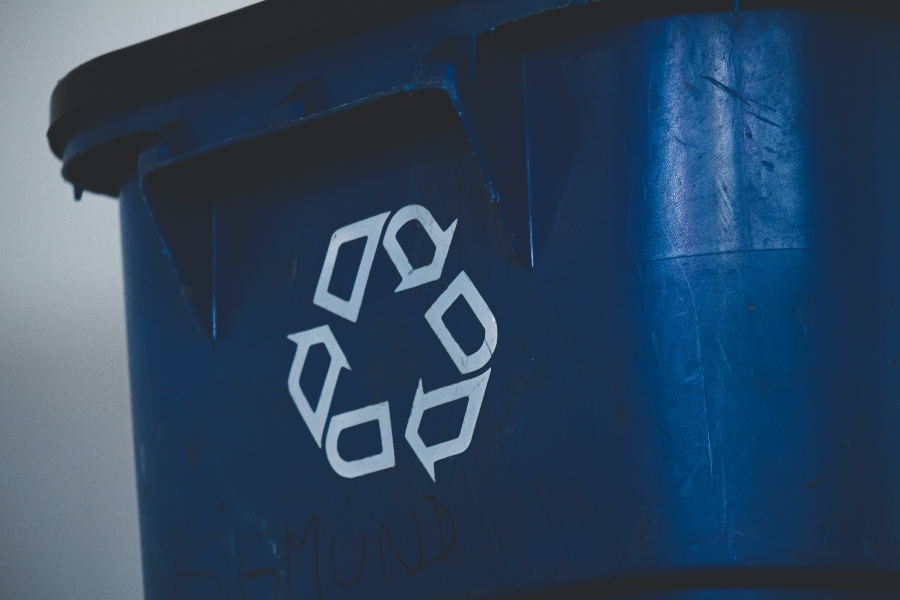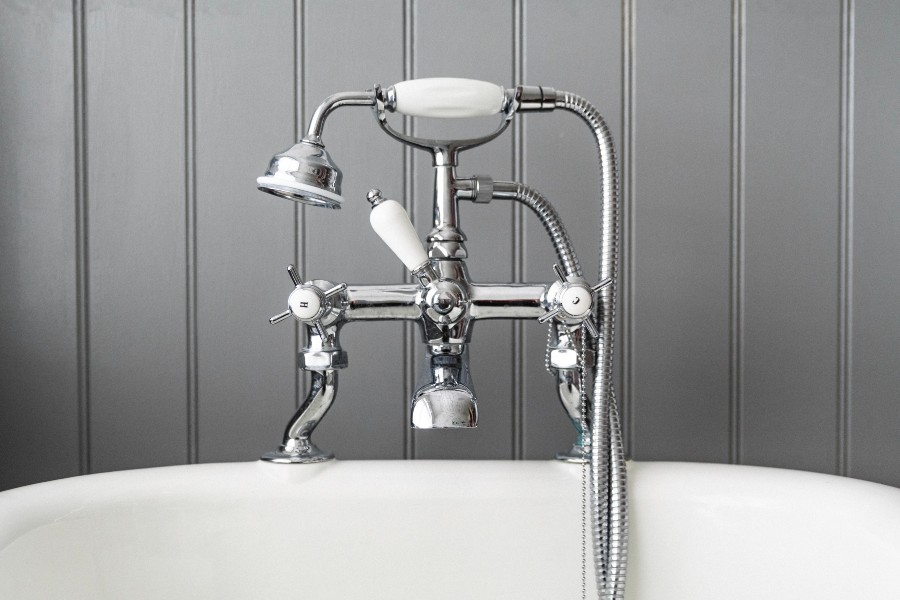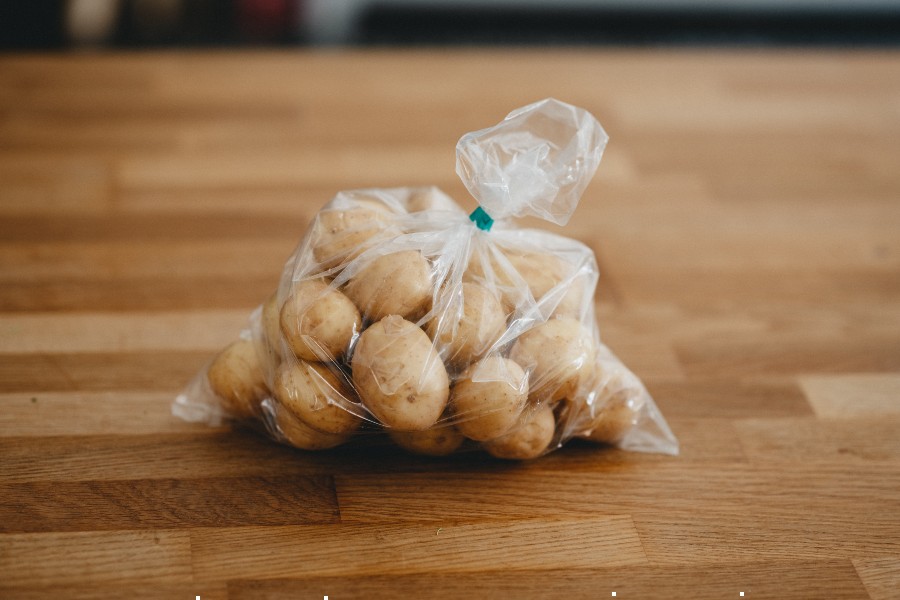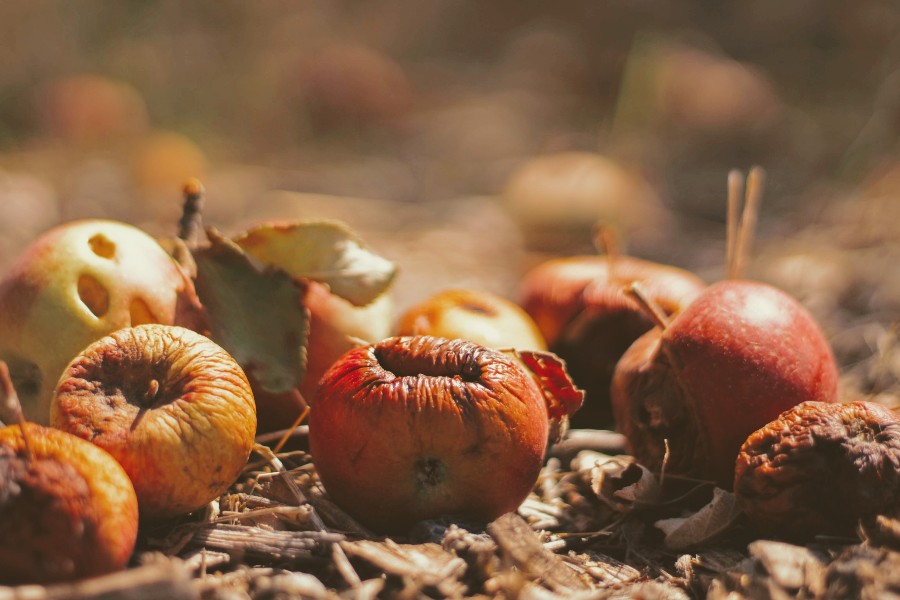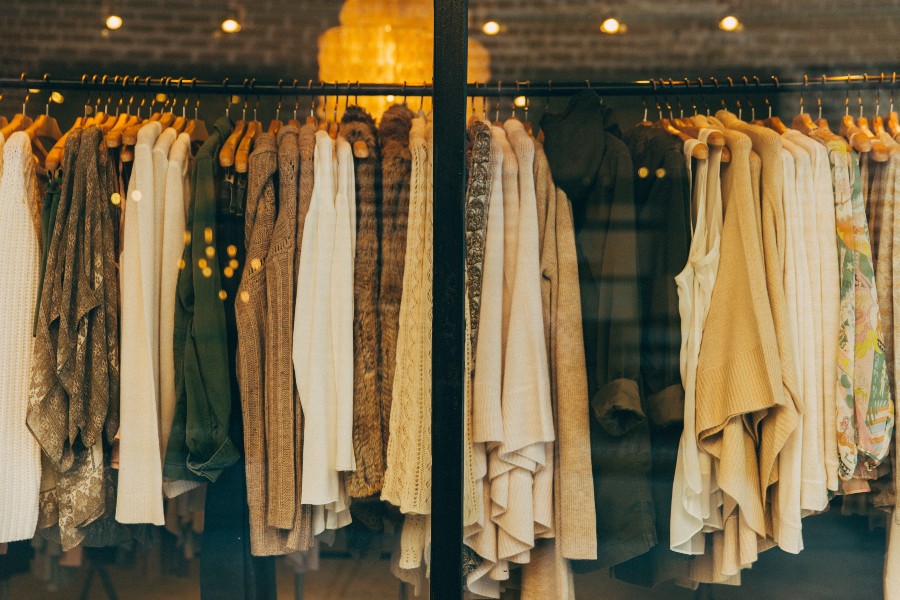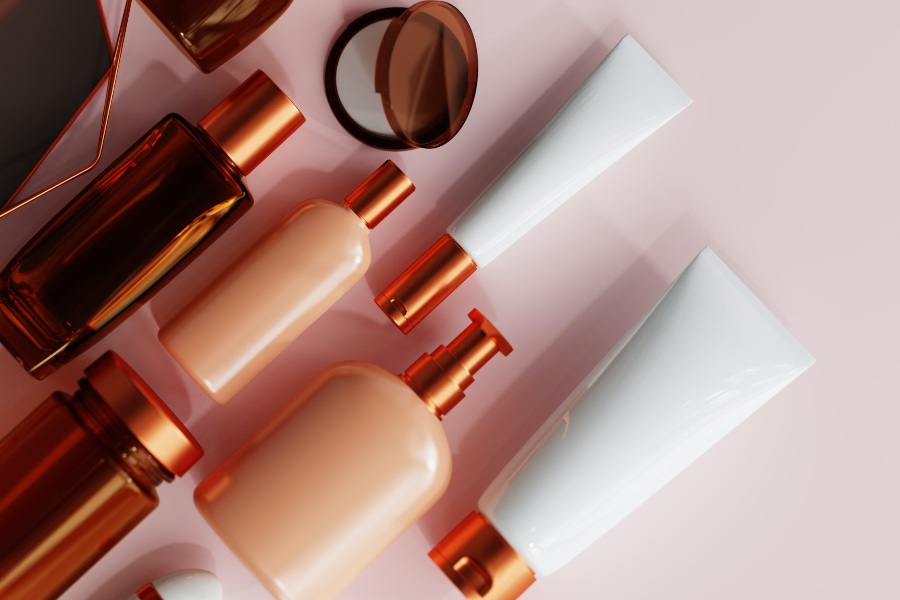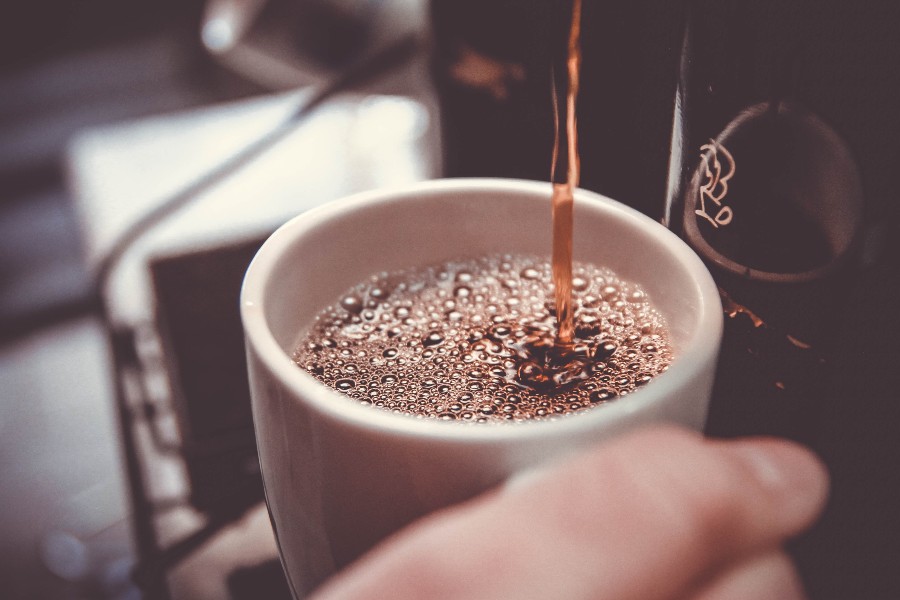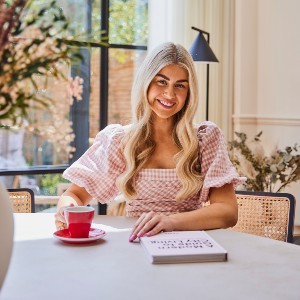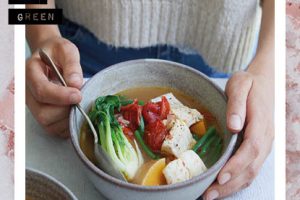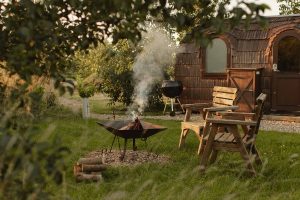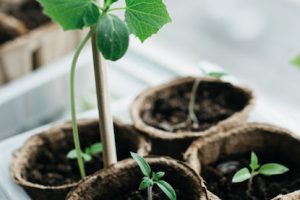An essential guide to sustainable living for not-so-eco warriors
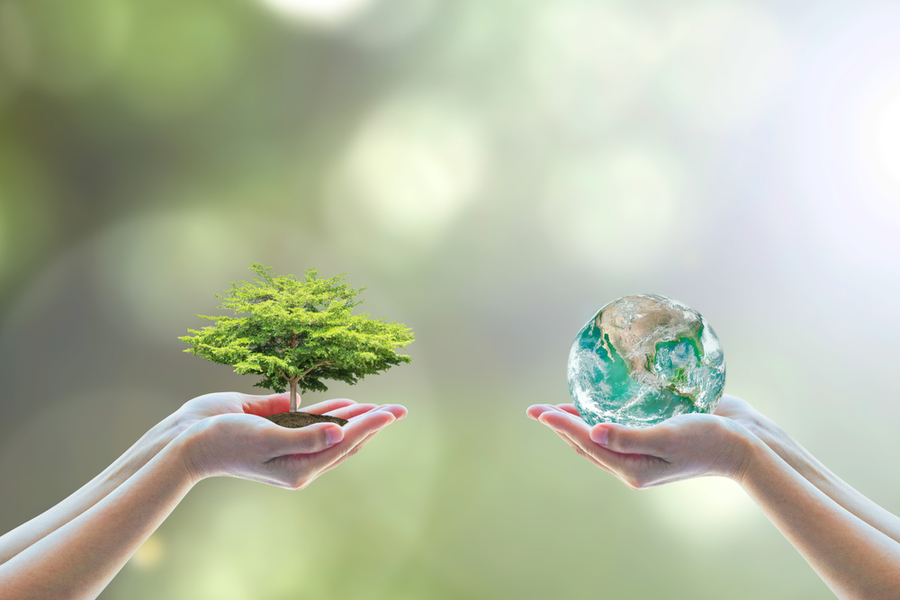
“We don’t need a handful of people doing zero waste perfectly. We need millions of people doing it imperfectly.”
It was this tweet by Anne-Marie Bonneau, a zero-waste blogger, from two years ago that has continued to resonate with thousands of netizens, sending the quote viral across the media. The tweet was in relation to a blog Bonneau wrote on Environmental Guilt Syndrome – a topic often left off the agenda when delving into discussions around sustainability.
Most of us understand the importance of sustainability and the devastating consequences of not changing our lifestyles. Last year, the UN secretary-general declared the current climate crisis ‘a code red for humanity’.
However, many of us are also harbouring guilt for not being totally eco. It’s something Daisy Payne, gardener and TV presenter can relate to. She’s been using her gardening platform to raise awareness of how food wastage can be decreased by growing your own, as well as highlighting how composting can be a great low-energy way to dispose of materials. However, despite this, she still worries that she could be doing more: “I’ll be lying in bed sometimes and suddenly think ‘did I put the rubbish in the right bin?’,” she says.
When you’re in the day-to-day throws of life, instilling sustainable habits can be challenging and sometimes inconvenient. We can sometimes get bogged down in attempting sweeping lifestyle changes, but often the biggest impacts can come from smaller changes. And this doesn’t need to entail you living a perfectly sustainable life.
“I think the worst thing to do is to beat ourselves up about what we’re not doing,” Daisy agrees. “Let’s celebrate what we are doing and acknowledge that we can all do a bit more, and we’ll get there.”
So, to mark World Environment Day on 5 June, we want to make sure the day is an important time of collective learning and celebration of moving in the greener direction, rather than a time of shame. In this spirit, we asked BALANCE readers what aspects of sustainability they struggle with to provide some easy tips for eco-living (and no, none involve living off-grid, ditching deodorant, or producing a single bin of waste per year).
“I forget to bring plastic bags with me every time I go grocery shopping and end up buying more.” – Arnetia
We’ve all been forked out for a 10p bag we could have gone without if we’d remembered to bring our own. “I can relate so much. It drives me mad,” says Daisy.
She recommends taking advantage of the immediate guilt as soon as you arrive home and unpack your shopping. “Get out all your plastic bags, fold them up, and put one in each handbag you own, in the pockets of all your jackets, and some in your car,” Daisy says.
“I don’t have recycling bins and don’t have the time to deal with the council to get some.” – William
The dreaded back and forth with the council is certainly something a lot of us put off. Plus, some people are unable to have recycling bins due to spacing issues on their street.
“Buy reusable alternatives, so you don’t have to worry that you’re sending stuff into landfill,” suggests Daisy. She also highly recommends investing in a home composter. “A lot of things that you’re using week-in-week out can go in there.”
A lot of composter and reusable household items can be found in ethical supermarkets and online. Check out the range of kitchen items from If You Care – including reusable paper towels, paper sandwich bags, and wax paper (which can be used instead of cling film). We love the paper towels which can do multiple cleaning jobs before being tossed in the compost bin. Made from a mix of cellulose, cotton, and mirabilite, a natural mineral salt, they come 12 to a pack. What’s more, they absorb liquids easily and release them with simple wringing.
“I love a long hot shower, which probably racks up my water usage.” – Sophie
Water wastage can be a big problem in the UK, especially when a single person averagely uses 150 litres of water a day – a figure has been increasing by 1% every year since 1930, according to Waterwise.
A long hot shower can be so good for your mental health after a tough day at work. Don’t issue yourself an outright ban. “Treat yourself once a week and make it a big event, and take short showers the rest of the time,” says Daisy.
In addition, hair training can drastically reduce water consumption, as you no longer need to have regularly drawn-out showers for hair washing. In addition, short, sharp shows not only save your weekly water consumption but have the added benefit of saving your time.
“I used to wash my hair nearly every day,” admits Daisy. “Now it only needs to be washed once a week. It’s absolutely changed my life and given me back so much time.”
“I find it impossible to buy food without plastic wrapping when I’m in a rush and on a budget.” – Issy
It can be difficult to buy plastic-free when you look at the amount of plastic packaging in supermarkets. Daisy recommends just focusing sustainable efforts on buying loose fruit and veg in your weekly shop. “I find you only need one pepper, and when you get a packet of three, two sit in the fridge and go brown,” she explains. Of course, there will be some people, especially families and plant-based eaters that may not face the issue of having too much fruit and veg to a packet. However, buying loose enables you to cut plastic with very little difference in price, and often loose vegetables will be bigger in size than those in the packets so you’ll actually need to buy less (garlic cloves and sweet potatoes are good examples of this size difference.
Although, avoiding plastic can be near-impossible when you’re eating on the go and need a convenient meal deal. “If you end up buying things that are plastic, maybe make sure one thing in your selection isn’t,” proposes Daisy. Remember that you can’t control what supermarkets choose to stock, and it’s reasonable to buy plastic when your budget restricts you from buying plastic-free. Try to switch your perspective and focus on the plastic-free products you buy as small wins, rather than looking at plastic items as failures. There’s no need to feel guilty if you’re buying plastic-free where you’re able to.
“I throw away too much food.” – Clare
Often we have to throw out food because we didn’t manage to eat it in time – rather than it being a case that we didn’t fancy it. Daisy suggests growing your own can really help with this especially if you’re someone who throws out a lot of lettuce – one of the main culprits to sit festering in the fridge. An 80p packet of salad leaves on a window sill in some soil can save you from throwing out endless bags of half-eaten lettuce because you only need to harvest what you intend to eat.
For food you’re unable to grow Daisy recommends using a Bokashi compost bin which uses a Japanese fermentation technique. It’s small enough to perch on an apartment balcony or in your kitchen. “It’s quick and easy and doesn’t smell. Eventually, you can just dig your compost waste into your pots to fertilise any plants you have,” explains Daisy.
Alternatively, if you don’t have green fingers, the freezer can also be a huge asset. For example:
- Peel brown bananas and freeze to use in smoothies.
- Chop up herbs, freeze, and froze into pasta sauces when cooking.
- Grate cheese, store in a sandwich bag, and scatter over a hot jacket potato when needed.
“I’m guilty of buying fast fashion but I want to look good on a budget.” – Alice
We’ve all been enticed into unbelievably cheap offers from fast fashion brands. Daisy proposes trying out fashion rental and lending services like By Rotation when you have special occasions. “You can hire dresses for a couple of days. It saves you a bomb because you’re able to rent dresses that you’d never be able to buy,” says Daisy.
Thrift shopping in charity shops can also be a wise choice if you’re on the hunt for high street brands. But alternatively, there are plenty of good websites such as Re-Fashion, eBay, Depop, and Vinted selling upcycled fashion.
“I love travelling, which means I fly a lot.” – James
Travel is a valid concern when thinking about your carbon footprint. Transport makes up 27% of the UK’s greenhouse gas emissions, according to the UK government. Aviation alone contributes to 2.4% of global CO2 emissions, which is a lot.
Holidays can be a brilliant way to disconnect from the stresses of life. “I do believe that we all need a break from our busy lives and it’s horrible to feel that guilt,” Daisy says.
Of course, staycations can be a great option to discover parts of the country you’ve never stepped foot in. But, if you’re dreaming of sandy beaches in the Caribbean, Daisy proposes offsetting your emissions from the flight. “You can pay to have trees planted and support other eco-efforts. You pay for this online, so it’s fast to do,” she explains.
“I love skincare, but some of my favourite brands don’t have eco-packaging.” – Rachel
A lot of us have a singular bin in our bathroom, which usually contains a mix of used sanitary products and empty toiletry bottles that should have been recycled. Daisy recommends getting a small two-lidded bathroom bin which means you can just sort your rubbish as you go, making you more likely to recycle.
Recycling bathroom toiletries specifically can also be quite rewarding as some places such as Boots and Lush offer rewards for trading in used products.
“I have a coffee machine which I use every day, but the pods aren’t recyclable.” – Eleanor
Coffee machines have become increasingly common, as it’s a cheaper way to get coffee shop grade drinks at home. Try and find bio-degradable coffee pods, instead of plastic ones so you can enjoy your coffee guilt-free. “I take my coffee pods straight out my machine and into my home composter, which is really easy as there’s no faffing around with bins,” Daisy says.
Leaving old habits behind can be difficult and making new sustainable habits stick can be even tougher. Focus on a couple of small changes and don’t beat yourself up over the bigger things – you’ll eventually get there. “If you can add a few sustainable bits and bobs to your life here and there, then that’s good,” reassures Daisy. Ultimately, if we all contribute a little bit to improving the environment, together, it will go a long way.
Daisy Payne became known for her Instagram account @GardenToGarnish where she began growing her fruit and veg,
cutting down on supermarket plastic. She recently partnered with
Grind on the launch of their new home compostable bio-degradable coffee pods, and she presents the gardening segment of ITV’s This Morning.



